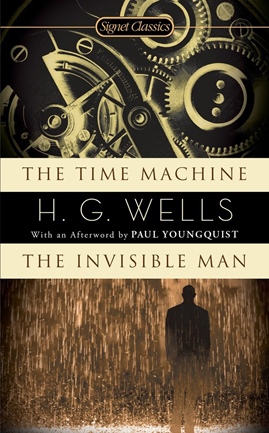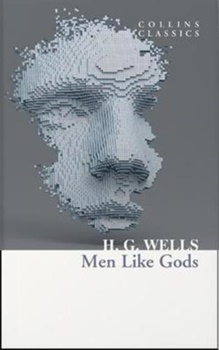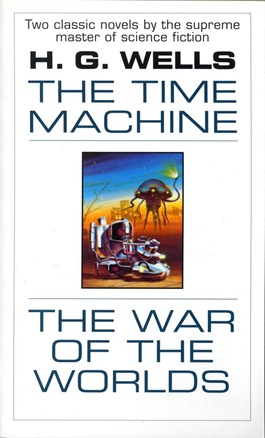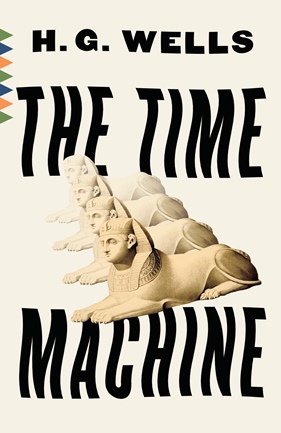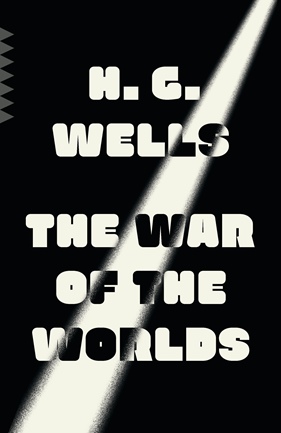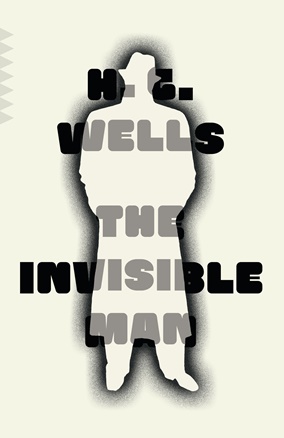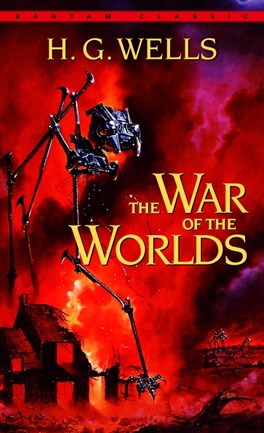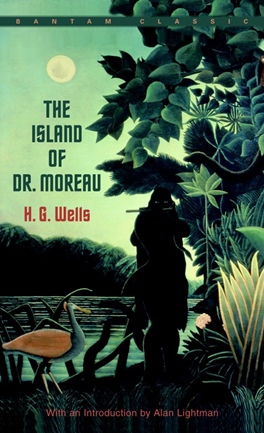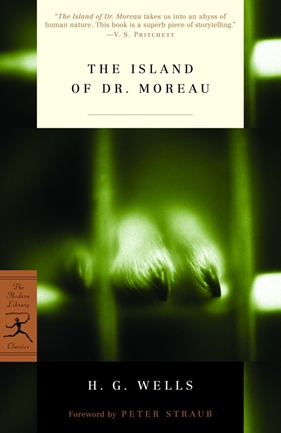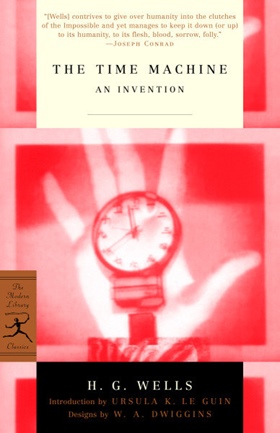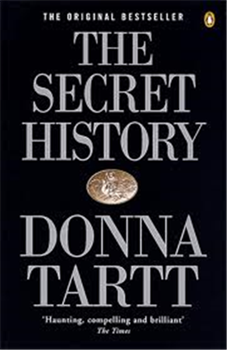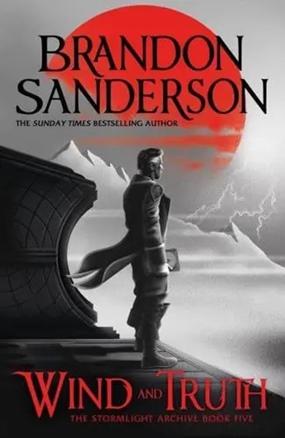Description
Together in one indispensable volume, The Time Machine and The Invisible Man are masterpieces of irony and imaginative vision from H. G. Wells, the father of science fiction.
The Time Machine conveys the Time Traveller into the distant future and an extraordinary world. There, stranded on a slowly dying Earth, he discovers two bizarre races: the effete Eloi and the subterranean Morlocks—a haunting portrayal of Darwin’s evolutionary theory carried to a terrible conclusion.
The Invisible Man is the fascinating tale of a brash young scientist who, experimenting on himself, becomes invisible and then criminally insane, trapped in the terror of his own creation.
Convincing and unforgettably real, these two classics are consummate representations of the stories that defined science fiction—and inspired generations of readers and writers.
With an Introduction by John Calvin Batchelor
and an Afterword by Paul Youngquist
About the Author
Herbert George Wells was born in Bromley, Kent, England, on September 21, 1866. His father was a professional cricketer and sometime shopkeeper, his mother a former lady’s maid. Although “Bertie” left school at fourteen to become a draper’s apprentice (a life he detested), he later won a scholarship to the Normal School of Science in London, where he studied with the famous Thomas Henry Huxley. He began to sell articles and short stories regularly in 1893. In 1895, his immediately successful novel The Time Machine rescued him from a life of penury on a schoolteacher’s salary. His other “scientific romances”—The Island of Dr. Moreau (1896), The Invisible Man (1897), The War of the Worlds (1898), The First Men in the Moon (1901), and The War in the Air (1908)—won him distinction as the father of science fiction. Henry James saw in Wells the most gifted writer of the age, but Wells, having coined the phrase “the war that will end war” to describe World War I, became increasingly disillusioned and focused his attention on educating mankind with his bestselling Outline of History (1920) and his later utopian works. Living until 1946, Wells witnessed a world more terrible than any of his imaginative visions, and he bitterly observed: “Reality has taken a leaf from my book and set itself to supercede me.”
Greg Bear’s novels and stories have appeared in more than twenty languages worldwide and have won numerous prizes, including two Hugos, five Nebulas, and the Prix Apollo. His novels include Darwin’s Radio (winner of the Nebula and Endeavor awards), Darwin’s Children, Vitals, Blood Music, Eon, Queen of Angels, and Moving Mars. He has served as a consultant and a lecturer on space and defense policy, biotechnology and bioterrorism, multimedia entertainment, and Internet issues.
Simon J. James is Professor of Victorian Literature at the Department of English Studies, Durham University. He is the editor of The Wellsian, the peer-reviewed scholarly journal of the H.G. Wells Society. He has edited four H.G. Wells novels for the Penguin Classics, as well as George Gissing’s Charles Dickens: A Critical Study. James is the author of Maps of Utopia: H.G. Wells, Modernity and the End of Culture and Unsettled Accounts: Money and Narrative Form in the Novels of George Gissing.
